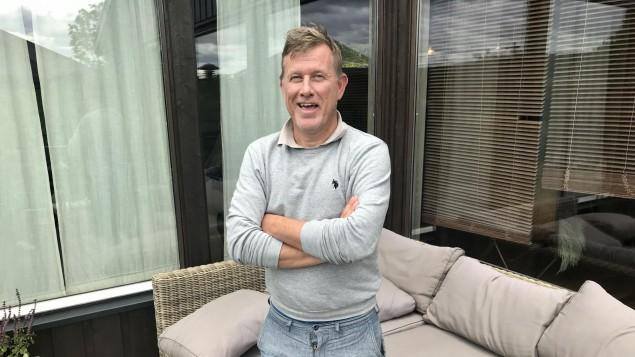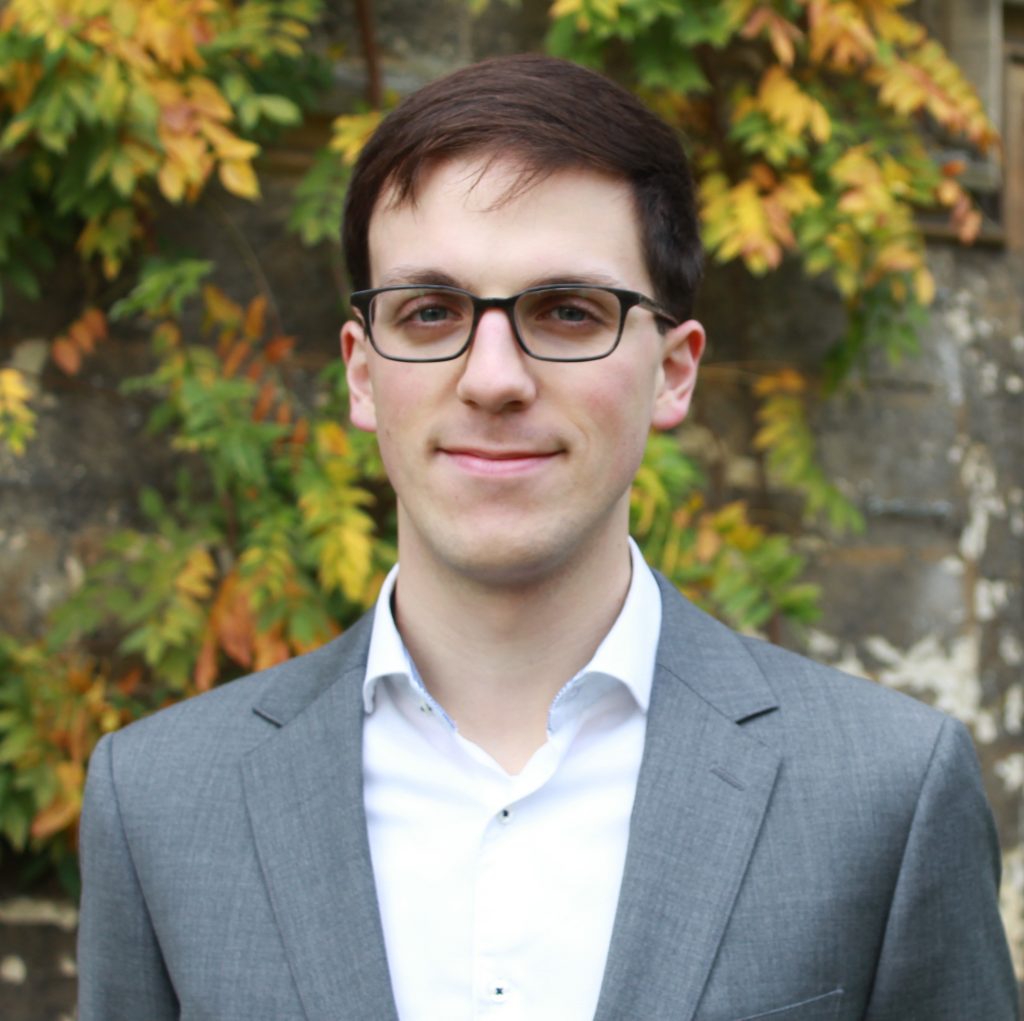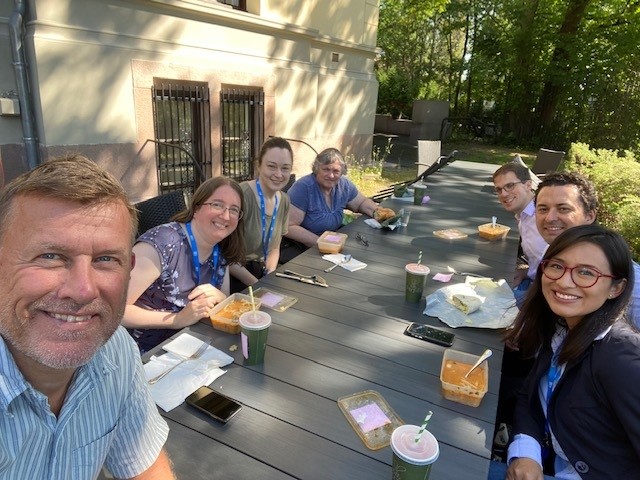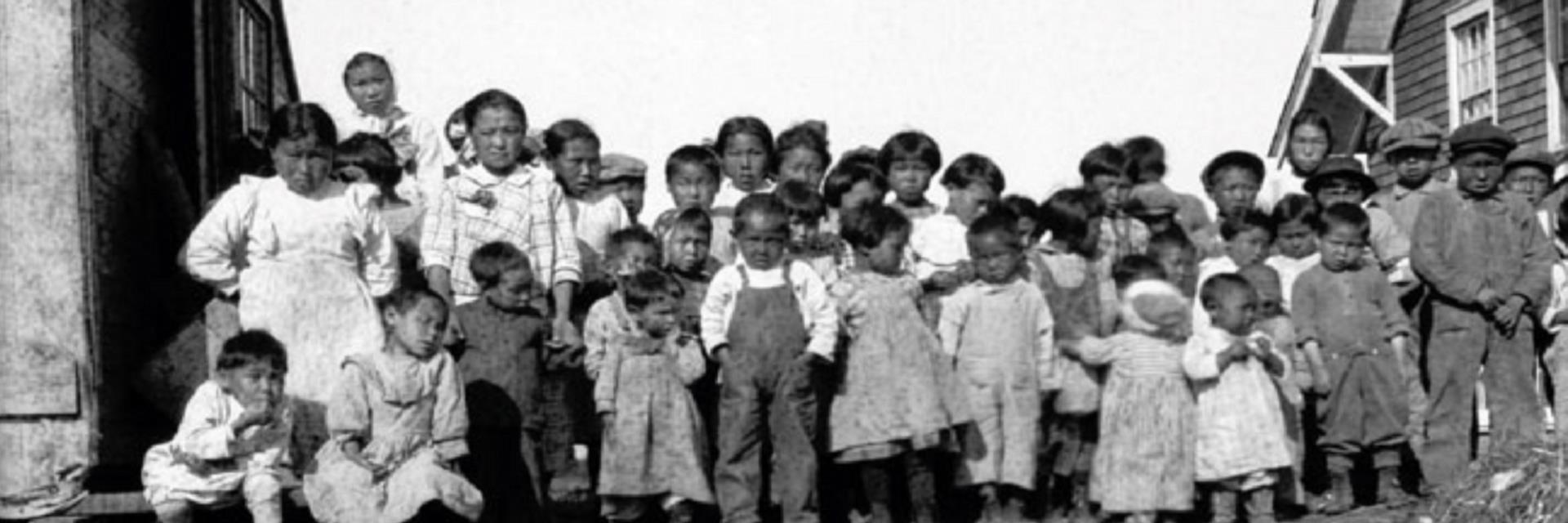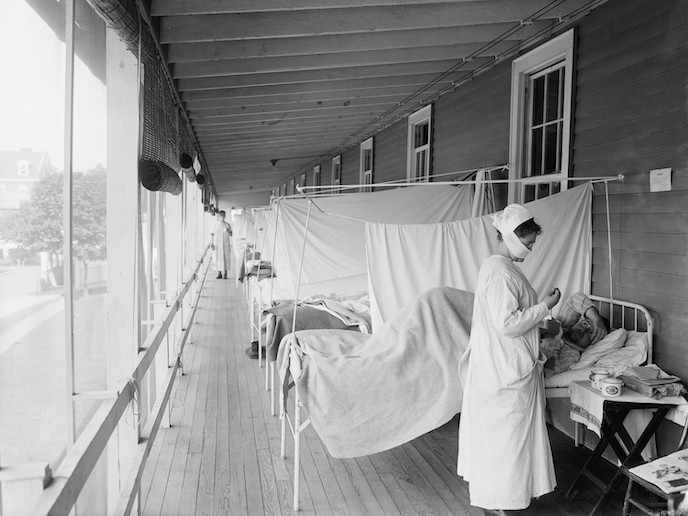Affiliated Projects

Members of PANSOC are affiliated with a number of other projects including:
Social Science Meets Biology: Indigenous People and Severe Influenza Outcomes at the Centre for Advanced Study at the Norwegian Academy of Science and Letters (2022-2023)
Work and Wellbeing in History – Young CAS Fellow, Centre for Advanced Study at the Norwegian Academy of Science and Letters (2023-2024)
MERIT – MothER Income InequaliTy – EEA Grants awarded to Instituto de Saúde Pública da Universidade do Porto (2022-2024)
Disability and Disease During the 1918 Influenza Pandemic – Marie Skłodowska-Curie Actions, European Union Horizon 2020 (2019-2021)


